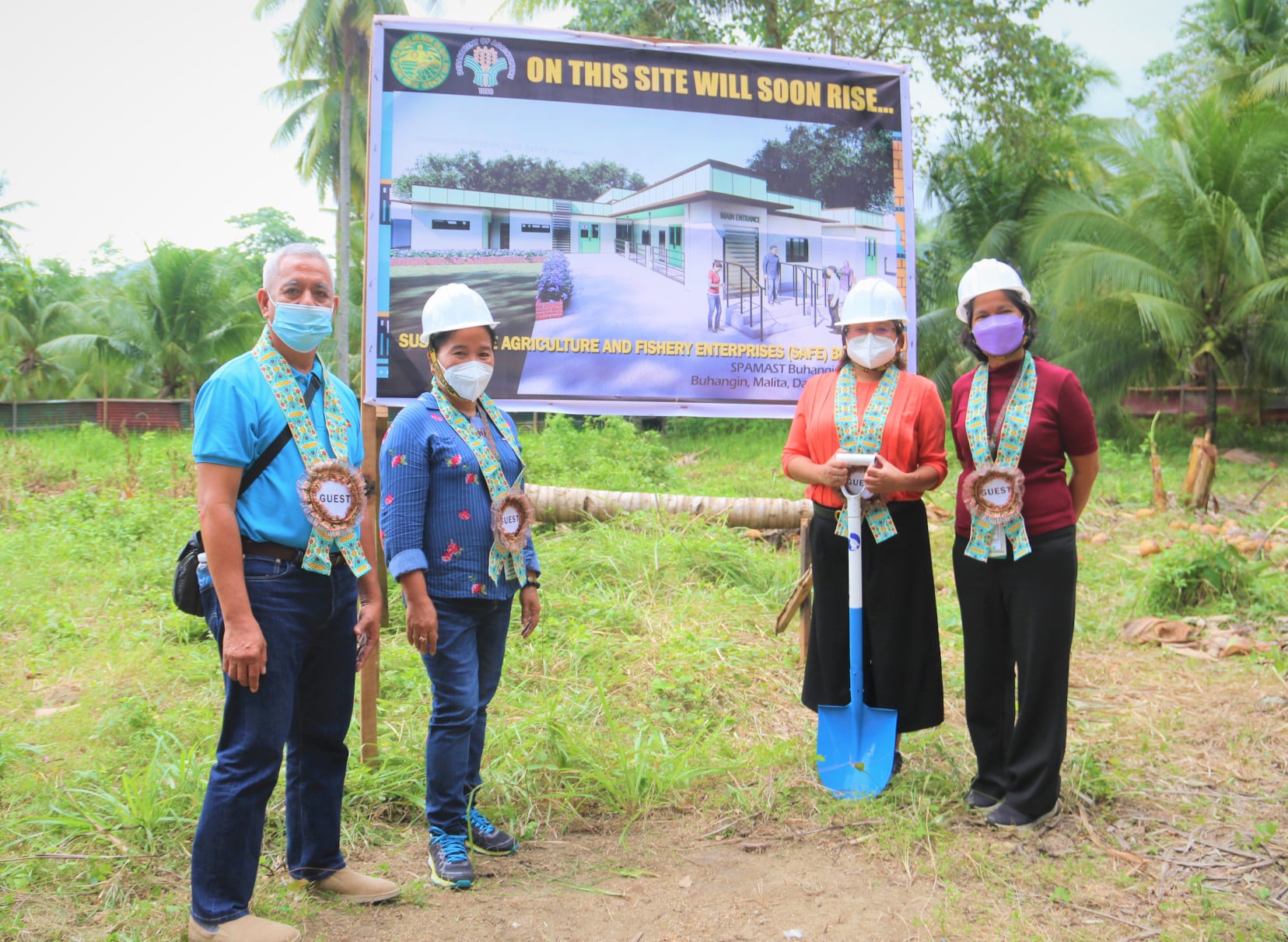DAVAO CITY — A modern fish processing and innovation hub worth P40 million will soon rise in a 512-square-meter area in Malita town, Davao Oriental.
The service facility will further improve the agri-fishery enterprise in the Davao Region, especially in the processing and value-adding of bangus and tilapia.
The project is funded by the Department of Agriculture 11 (DA Davao Region) under its Sustainable Agriculture and Fisheries Enterprise (SAFE) program and to be implemented by the Southern Philippines Agri-Business and Marine and Aquatic School of Technology (Spamast).
The package of interventions includes the establishment of a P20-million fish processing building and cold storage, P8.5 million worth of agricultural supplies and ICT equipment, P6 million worth of machinery including a reefer van, P3.5 million for operating and utility expenses, and another P1 million for skills training.
DA 11 Regional Technical Director for Operations Dr. Marila Corpuz said the initiative is part of the key strategies of the department to level up the agri-fishery sector.
This project is part of the DA’s goal to establish Agri Industrial Business Corridors (ABCs) with Fisheries Management Areas and trading posts to provide smallholder farmers and fisherfolk access to resources, including state-of-the-art production technology, capital and value-adding facilities, Corpuz said.
“We are so lucky that Davao Region is one of the four regions chosen as pilot areas for this project,” Corpuz said.
She added that with the facility and equipment, the community would soon produce a volume of thermal processed products, dried and smoked bangus and tilapia which could meet the required quality in both local and international standards.
“In partnership with Spamast and the LGU (local government unit), we will make sure that our smallholder fishers would really benefit from this project through agreements with small and mid-size enterprises (SMEs), fish cages, pens and fish pond owners as cooperators,” she said.
Spamast President Dr. Ruth Lucero said the institution will also ensure the active involvement of women and youth organizations, alumni associations, and even the balikbayan to provide additional sources of income.
“Aside from our goal for this project to promote and market registered fish products from the locale, we will also involve students in its research component for which matured outputs will eventually benefit the farming and fishing community,” Lucero said.
The facility is expected to be fully operational by October this year.














